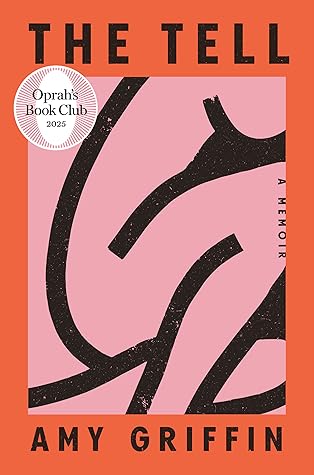More on this book
Community
Kindle Notes & Highlights
was supposed to be the brightest—perfect. Memory
I thought that striving for exceptionalism, no matter how burdensome it felt at times, was a virtue. It was my superpower.
knew that what I was rejecting when I didn’t go out was the unpredictability of not knowing what might happen.
need for control,
Still, the gift wasn’t freely given. Even this was presented as a kind of ceremonial challenge—a game I had to win.
Losing the homecoming queen title confirmed some private, ugly unworthiness that I had been working so hard to keep anyone from seeing.
But at some point I had come to believe that I was loved not for any inherent worth but because of all my accomplishments. With each new accomplishment came more praise;
that praise, I thought, was love. Yet I burned through the praise so quickly: There was never enough to sustain me. I was constantly looking for my next hit of validation. I needed people to affirm that what I was working so hard for was worth it, that I was separate from the crowd.
Perfection is a lonely pursuit.
Nothing in life is free. Everything has a cost.
thought of my body as something that was functional—something to be pushed, if not punished.
loneliness, a fear that I was not desirable or worthy of being chosen.
A tell I couldn’t yet see.
“If we rest, we rust,”
I had indeed been raised to be perfect, but also not to draw attention to the quest for perfection. Perfection must look effortless. Being noticed for it invalidated it.
was a reminder that multiple stories could be true at the same time, that we select our narratives in accordance with how honest we want to be and how honest we can be with ourselves.
I can only tell you what happens to people who run from pain: They never actually live.”
“We don’t recognize how much we carry our experiences in our bodies. If something is coming up”—she looked at me—“it has to come out.”
I had chased validation from the world, and the world had granted it to me.
Just because I was underwater didn’t mean I was going to drown.
“Until we make the unconscious conscious, it will direct our life and we will call it fate.”
“There must be those among whom we can sit down and weep, and still be counted as warriors.”
Letting go of the need to control. This was the gift I wanted to give my children.
For the same reason that we, as parents, do anything. We want to keep our children safe. This is an evolutionary response as biologically ingrained as our own survival. I had always done that the best way I knew how, as had my mother. It came from a place of love.
The real way to keep my children safe wasn’t to control them. It was to have an honest relationship with them. That was how I could set myself—and them—free.
A culture ruled by power dynamics; a culture that demanded my obedience, silenced my voice, and guarded my secrets; a culture that told me to do what adults said, no matter what.
truth. Yes, there was a place for convenience. But not everything needed to sit tidily on a shelf. Some things were messy, difficult, or impossible to contain. Some things defied easy categorization.
Wasn’t that funny? How easy it was to miss something, even when it was right in front of you.
“We have to make the unconscious conscious, or it will direct our life and we will call it fate.”
You can’t have light without the darkness. You have to feel all of it in order to feel any of it.”
Perfect—the way every parent loves their child, not for anything they’ve done but just for being who they are.


